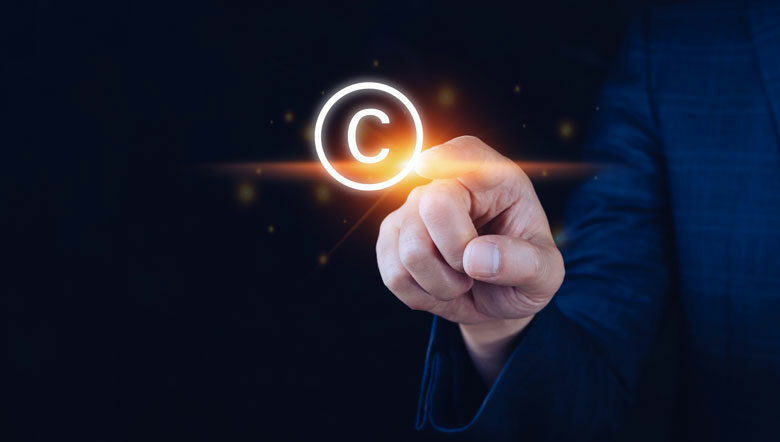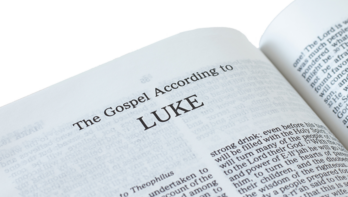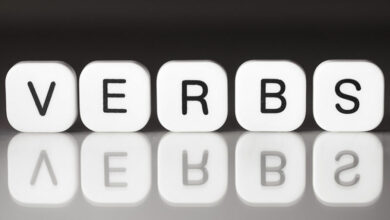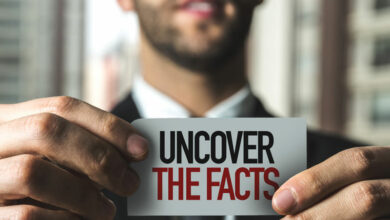
Contracts and Copyrights for the Information Age
Web sites
You need to be looking at your Web site from two directions: As you put something up on your Web site, ask yourself, “Am I infringing? Am I doing something wrong? Am I defaming somebody? Could I be sued for what I’m doing? Do I have the proper ownership of the stuff that is up on the Web site?”
On the other hand (and I’ve seen this a lot in the Christian industry, whether it’s the entertainment industry or the publication industry, or even just churches with Web sites, quite frankly), you need to be policing what happens to your material with other Web sites.
I think there’s a tendency within the Christian arena to think that everything on the Internet must just be free, and “if I’m using it for a good purpose I can steal something and put it on my Web site, or I can use somebody’s logo.” Because of particulars in the law, especially associated with trademark, you want to be policing what happens to your intellectual property because you don’t want to lose some of those rights.
This is a hot topic. It’s not just companies that are worried about intellectual property. I’m sure you’ve heard in the news about people stealing music from record companies and putting it up on the Internet and then all the college students are able to download it for free, and so it’s hurting the music industry. There’s a slogan out there for all these yahoos on the Internet, all these cyber punks, that says, “Music wants to be free!”
There’s been a real push, you’ll be happy to know as intellectual property owners, in the schools and especially at the college levels, to go in and teach intellectual property, let kids know what is intellectual property. This cartoon was in the newspaper not too long ago: A teacher said to her students, “Class, the lesson for today on sharing has been cancelled and will be replaced with a lesson called ‘Protecting Intellectual Property.'”
What can I copyright?
The requirements to get a copyright on anything are these: The work must be original and it must be fixed in a tangible medium. We’re not talking just about text. We’re talking about text, images, music, trademark and logos, names of other products.
As specified in the Copyright Act, these are works of authorship that can be protected by copyright: Literary works, musical works, dramatic works, pantomimes and choreographic works, pictorial graphics and sculptural work, motion pictures, architectural works are all items that can be covered by copyright.
Can you have music on your Web site? Sure, but you need a license to do that. There are several implications of music on a Web site. Is it a performance or are you distributing a record copy?
Ideas can’t be copyrighted
Let’s remember, it is only the expression of the idea that we can protect by copyright, but it’s not the idea itself. I have a client that can’t get this through his head. He had a brilliant idea for a Web site, and he envisioned himself as a dot.com millionaire so he put up this Web site. Another person-and it’s unclear whether he’s taken the idea from my client or whether he independently had the idea-has a totally different Web site that accomplishes the same business purposes.
My client wants to sue him. Is there a problem with that? Yes. There is no protection for the idea that he had. It could even be copied. If someone saw his business model and business idea, and wanted to provide the same service, that’s good old American competition. It’s 100 percent allowed. I have told him to watch that site, and if for some reason the competitor begins to steal text from my guy’s site, or mentions my guy’s site in a derogatory manner, or sets up his site to look like my guy’s site, or links to my guy’s site, we may have some issues we can talk about. But as long as there is just somebody who has the same idea or even copied my idea, we don’t have any real protection.
Keep in mind, when we get into these slugfests, if we’re just talking about an idea and we don’t have any intellectual property, we don’t have exclusive rights.
Photographs
One other point when we’re talking about ownership that sometimes I see becoming a problem, when we talk about photographs, there’s a difference between purchasing a copy of it, and owning that copy, versus owning the copyright in the actual photo or the negative, and having the right to publish it, distribute it, reproduce it. You can go somewhere and buy a copy or a print of a photograph and be able to show that in your house, but you need the photographer’s permission to actually reproduce, display, put up on a Web site, unless he has actually assigned to you copyright.
Audience questions
What’s the difference between copyright and license?
License is for use, assignment is for ownership. So if you want to own someone’s copyright, you must get an assignment. A license ain’t gonna do it. He can license you all the benefits and all the rights of a copyright owner, but that is going to be a particular set forth license and you’re not technically going to own the copyright.
On the assignment issue, you need to get an assignment in writing. You cannot have an oral assignment of copyright. If somebody tries to orally assign you a copyright, and you purchase the copyright for $10,000, you’ve been taken. If there is ever a dispute, that will not be held to be a valid assignment.
Are digital photos copyrighted?
If a photo is taken with a digital camera and that is the original medium, yes, there is a copyright on that. Copying of that digital code would be something you need a license to do. We have a Digital Millennium Copyright Act, so they’re trying to get hip with the lingo.
If you have scanned a photo, and created a digital copy, and by design or accident the negative is destroyed, is there a copyright? Whoever owned that the copyright on the negative that was destroyed would continue to own that copyright. If we were in a slugfest with somebody it would be a matter of being able to prove that we were no longer show the original photograph, and nobody else had any rights to it-there’s no paper on that. The burden would be on us to show our ownership. It’s not the possession of the item, it’s demonstrating that you are the author. If I can prove I did it, I own that, unless someone else can come forward and show that I’ve licensed it or assigned it to them.
Can a license be given orally?
License can be oral, but the real problem with an oral license is that it’s revocable at any time. You can orally revoke a license. An irrevocable license has to be in writing. As a lawyer, I strongly urge you to get it in writing, even if it’s just a gratis deal. Even in Christian markets, as you know, when people see dollar signs sometimes they come back to you and want to change the deal.
— by D’Leslie Davis
Davis is an attorney with the firm of King and Ballew in Nashville, specializing in intellectual property law. She presented a workshop at EPA2000 in Nashville. The following article is excerpted from her presentation.





